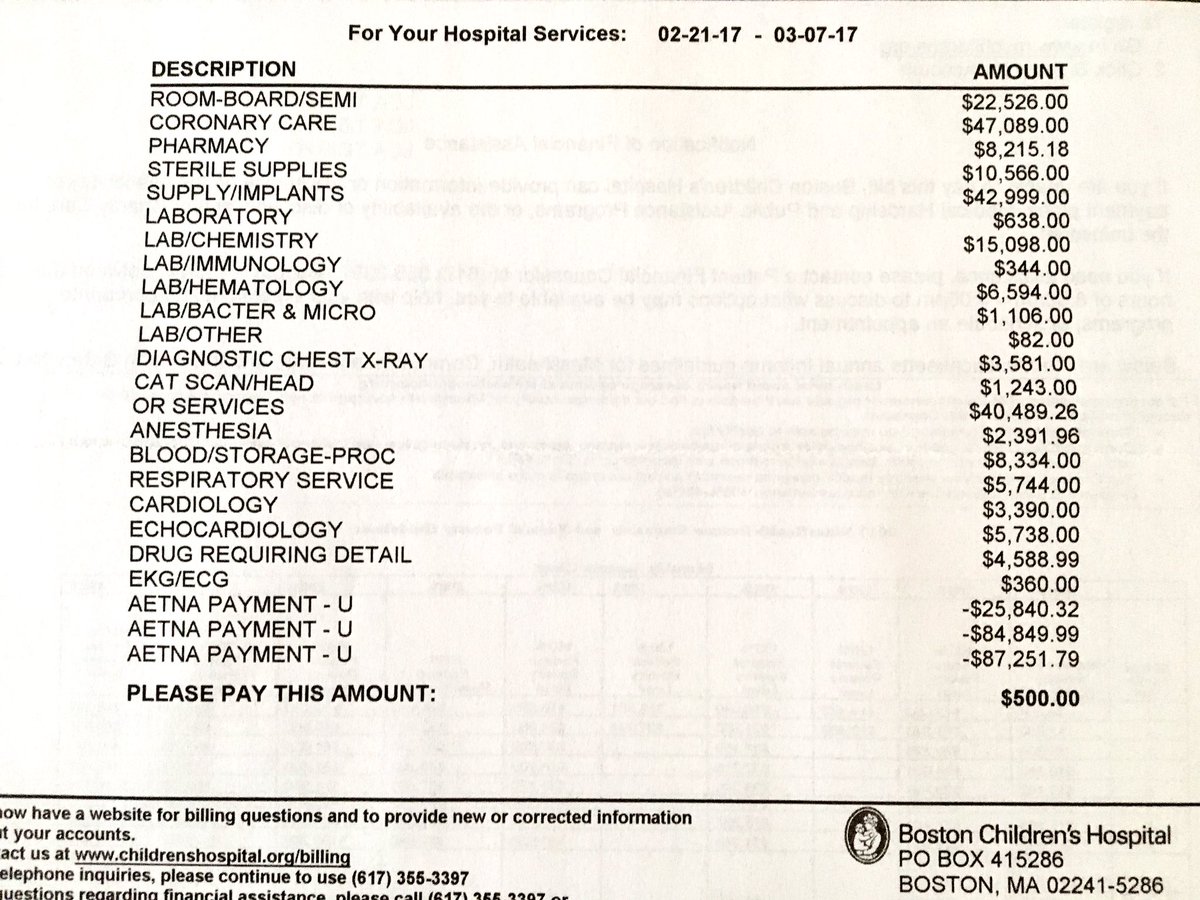Re: Senate Healthcare Bill Released
They then proceed to flex their lobbying muscle. But I'm sure VP Pence, who just had a private meeting with the Kochs, treats the concerns of this small group no differently than yours or mine. I guess we'll see whether it's the millions of poor Americans or this tiny group of rich donors who get the changes they want over this next week.
Right on queue, now the Koch brothers are saying the cuts to Medicaid (i.e. tax cuts for the Kochs) aren't deep enough:It's designed to fail. Even a superficial look at the changes makes that obvious. It's clear that the true GOP constituents are the wealthy elite; this (retroactive) tax cut bill is meant for them, not for any of us. The scary thing is, it might actually pass.
Chief lieutenants in the Koch brothers’ political network lashed out at the Senate Republican health care bill on Saturday as not conservative enough, becoming a powerful outside critic as GOP leaders try to rally support for their plan among rank-and-file Republicans.
Tim Phillips, who leads Americans For Prosperity, the Koch network’s political arm, called the Senate’s plans [to slash Medicaid spending] “a slight nip and tuck” of President Barack Obama’s health care law, a modest change he described as “immoral.”
No outside group has been move aggressive over the yearslong push to repeal Obama’s health care law than the Kochs’, who vowed on Saturday to spend another 10 years fighting to change the health care system if necessary. The Koch network has often displayed a willingness to take on Republicans — including President Donald Trump — when their policies aren’t deemed conservative enough.
Network spokesman James Davis said the organization would continue to push for changes to the Senate health care bill over the coming week.
They then proceed to flex their lobbying muscle. But I'm sure VP Pence, who just had a private meeting with the Kochs, treats the concerns of this small group no differently than yours or mine. I guess we'll see whether it's the millions of poor Americans or this tiny group of rich donors who get the changes they want over this next week.
The comments came on the first day of a three-day private donor retreat at a luxury resort in the Rocky Mountains. Invitations were extended only to donors who promise to give at least $100,000 each year to the various groups backed by the Koch brothers’ Freedom Partners — a network of education, policy and political entities that aim to promote small government.
“When I look at where we are at the size and effectiveness of this network, I’m blown away,” billionaire industrialist Charles Koch told hundreds of donors during an outdoor evening reception. His brother, David Koch, looked on from the crowd along with Sens. Mike Lee of Utah and Jeff Flake of Arizona.
The network’s wishes are backed by a massive political budget that will be used to take on Republican lawmakers, if necessary, Phillips said.
He described the organization’s budget for policy and politics heading into the 2018 midterm elections as between $300 million and $400 million. “We believe we’re headed to the high end of that range,” he said.


